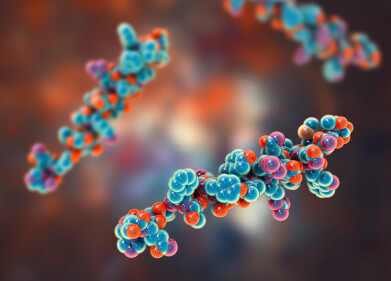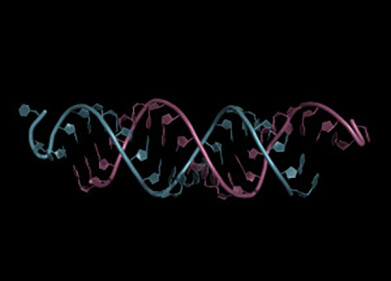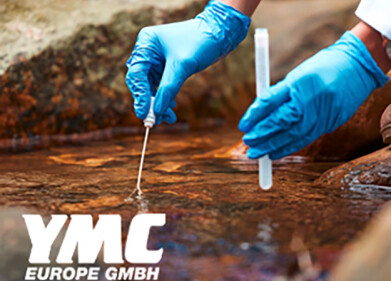Liquid Chromatography
Can Chromatography Determine Which Ant Becomes the Queen?
Jun 21 2017
How do the workers know which youngsters to treat right? Who is going to be the main person in the colony in the future? I mean, this is important — the successful raising of a new queen means the survival of the queen’s DNA. So, what is it that separates the millions of youngsters into workers and royalty?
Pheromones — more than an attractive agent
There are many different types of pheromones — basically, they are nature’s way of getting a response. Pheromones are chemicals that are emitted to elicit a response in the receiver. Most people know that pheromones are associated with sex or mating; but many different types of pheromones have been identified in nature — such as for alarms or to identify a food trail. And as well as animals and insects, scientists also know that plants emit pheromones.
Now, a team from the North Carolina State University (NCSU) has found another way that nature uses pheromones. As Clint Penick, a postdoctoral researcher says in an NCSU press release:
“People have been studying pheromones in ants for more than 50 years, and pretty much everything we’ve learned regards how adult ants use pheromones to communicate with each other. This is one of the only instances – maybe even the first time – that we’ve found ant larvae producing pheromones that influence colony behavior.”
So, what did Penick and his team do and how do the pheromones affect the colony?
Royalty — it is a matter of timing
For the colony to have a future, the new queens must leave the nest at the right time of year. The new queens mate with winged males and new colonies are made. But if the larvae show signs of maturing into queens at the wrong time of year the rest of the workers make sure that it is stressed into turning into a normal worker. This is done to save valuable resources that are for queens only.
But how do the workers know if an ant is going to turn into a queen — pheromones of course. The team at NCSU analysed the differences between the wax coatings on normal workers and those destined to be queens using chromatography. Chromatography is a common technique when looking at complex organic molecules as discussed in the article, Development of a Hydrophilic Interaction Liquid Chromatography Retention Model for Procainamide Tagged N-linked Glycans.
The princess smelt different
They found that there were differences in the hydrocarbon profiles of the wax coatings on the juveniles between normal and royal juveniles. One of the major differences is known as the ‘princess pheromone’. If the larvae give off the scent at the wrong time — they get attacked and develop as normal workers.
So, the princess must smell just right at the right time of year. And you thought human dating was tricky. That’s why all those ants fly on the same day — looking for a mate.
Digital Edition
Chromatography Today - Buyers' Guide 2022
October 2023
In This Edition Modern & Practical Applications - Accelerating ADC Development with Mass Spectrometry - Implementing High-Resolution Ion Mobility into Peptide Mapping Workflows Chromatogr...
View all digital editions
Events
Jan 20 2025 Amsterdam, Netherlands
Feb 03 2025 Dubai, UAE
Feb 05 2025 Guangzhou, China
Mar 01 2025 Boston, MA, USA
Mar 04 2025 Berlin, Germany












